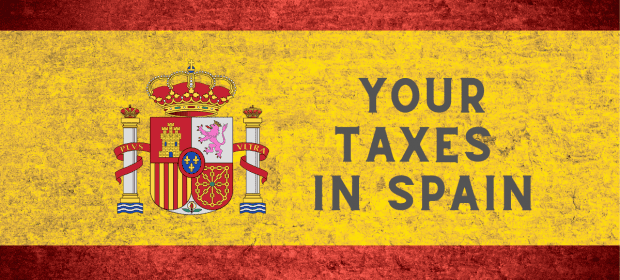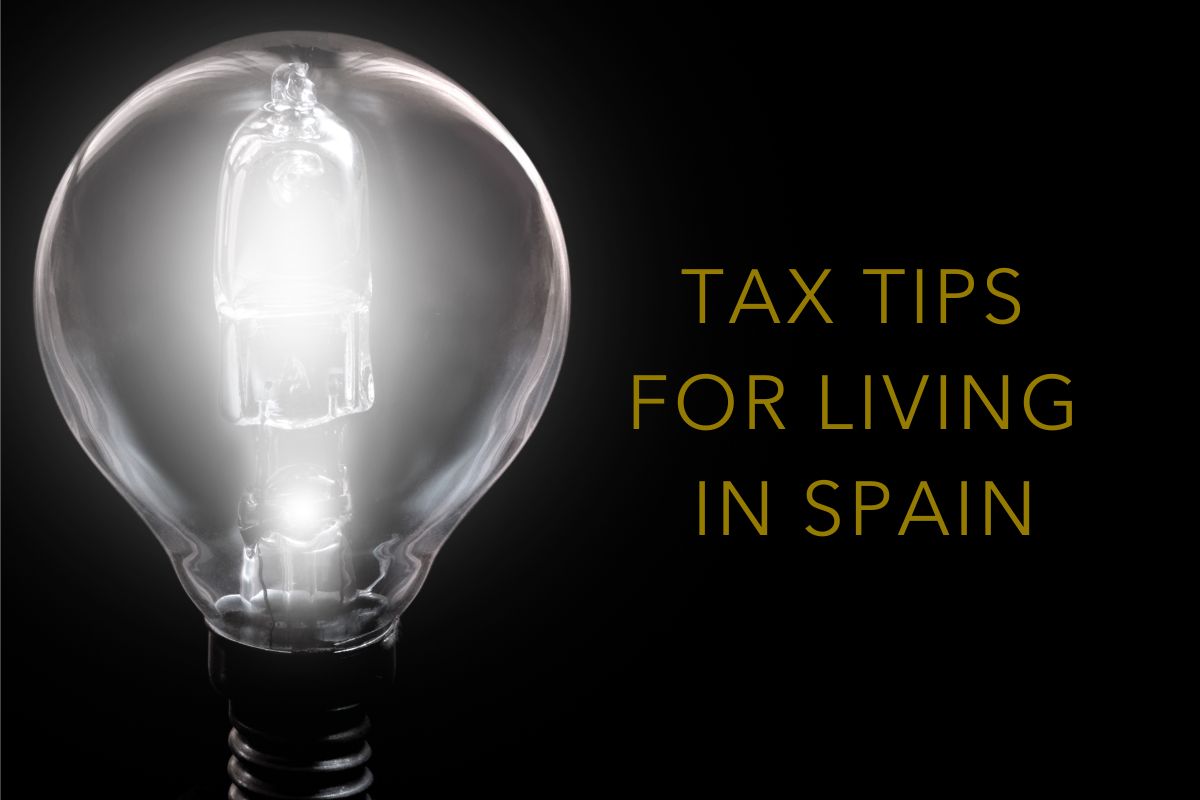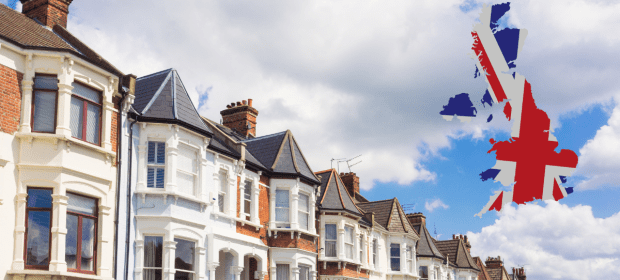Dependence on the UK stockmarket has damaged wealth
In the last 5 months, life has not been easy. We have all had to change our lifestyles to one extent or another and we don´t know exactly what lengths we will need to go to in order to remain safe. Hopefully the worst has passed and we can get back to thinking about our future in a positive way and not have to constantly worry about coronavirus.
Aside from the pain of having to wear a mask, in the last 5 months I have had concerns about work, I have learned new words and phrases linked to coronavirus, and I have obtained a new Spanish residence card. Certain things have not changed during this time. People read the same newspapers, watch the same television programmes, express their disdain for Donald Trump, and base their investment decisions on the performance of the FTSE100.
New investment trends
Whilst certain business sectors have suffered over the last few months, others have prospered and have a positive outlook. Technology has come to the fore, both in terms of purchasing goods and communication.
Investments and the FTSE100
Aside from the investment vehicle and the tax structure your investments and pension funds are held within, it is important that the investments themselves are well managed. Some people have held off investing through fear of coronavirus. There are also those who had previously delayed investment decisions until Brexit had been sorted out. The consequence of this has been that they have missed out on growth over the last 5 years, even with the downturn in March/April, as well as suffering from the real loss through inflation if they have left their cash in the bank.
Most UK nationals refer to the FTSE100 to find out what is happening with stockmarkets. This is mainly due to it being the one we, as followers of British financial news, are most familiar with. The FTSE100 has been lagging behind global stockmarkets in the last few months. However, the FTSE100, the index of the top 100 companies in the UK, only represents a small percentage of global stockmarkets. Almost 40% of the 100 are banks/financial, oil/energy and consumer staples which include retailers. All of these sectors have been hit by coronavirus. It is overweight in certain sectors and, although they are all big companies, their recent losses are reflected in the movement of the index. Banks especially have had a rough time. Therefore, it is far from being a stockmarket index which represents all global markets and sectors. I appreciate that it is an indicator, but it shouldn´t be used as a decision maker.
You will see from the chart below that by referring to, or even relying upon, the performance of the FTSE100 in order to make investment decisions could have been a mistake. It compares the FTSE100 with the US S&P500 and Nasdaq, and Japan´s Nikkei. The chart runs from the start of 2020. The FTSE100 is D, the blue line.















